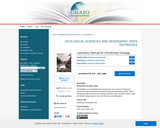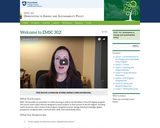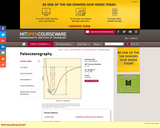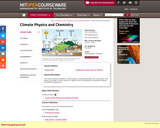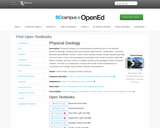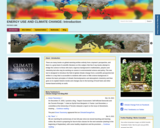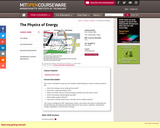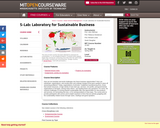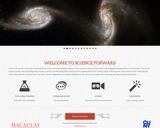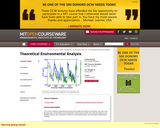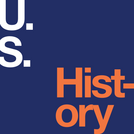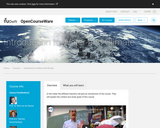
Water is essential for life on earth and of crucial importance for society. Also within our climate water plays a major role. The natural cycle of ocean to atmosphere, by precipitation back to earth and by rivers and aquifers to the oceans has a decisive impact on regional and global climate patterns.
This course will cover six main topics:
Global water cycle. In this module you will learn to explain the different processes of the global water cycle.
Water systems. In this module you will learn to describe the flows of water and sand in different riverine, coastal and ocean systems.
Water and climate change. In this module you will learn to identify mechanisms of climate change and you will learn to explain the interplay of climate change, sea level, clouds, rainfall and future weather.
Interventions. In this module you will learn to explain why, when and which engineering interventions are needed in rivers, coast and urban environment.
Water resource management. In this module you will learn to explain why water for food and water for cities are the main challenges in water management and what the possibilities and limitations of reservoirs and groundwater are to improve water availability.
Challenges. In this module you will learn to explain the challenges in better understanding and adapting to the impact of climate change on water for the coming 50 years.
- Subject:
- Applied Science
- Engineering
- Environmental Science
- Material Type:
- Full Course
- Provider:
- Delft University of Technology
- Provider Set:
- Delft University OpenCourseWare
- Author:
- Prof.dr. Nick van de Giesen
- Prof.dr.ir. Herman Russchenberg
- Prof.dr.ir. Hubert Savenije
- Prof.dr.ir. Marcel Stive
- Date Added:
- 03/07/2019
